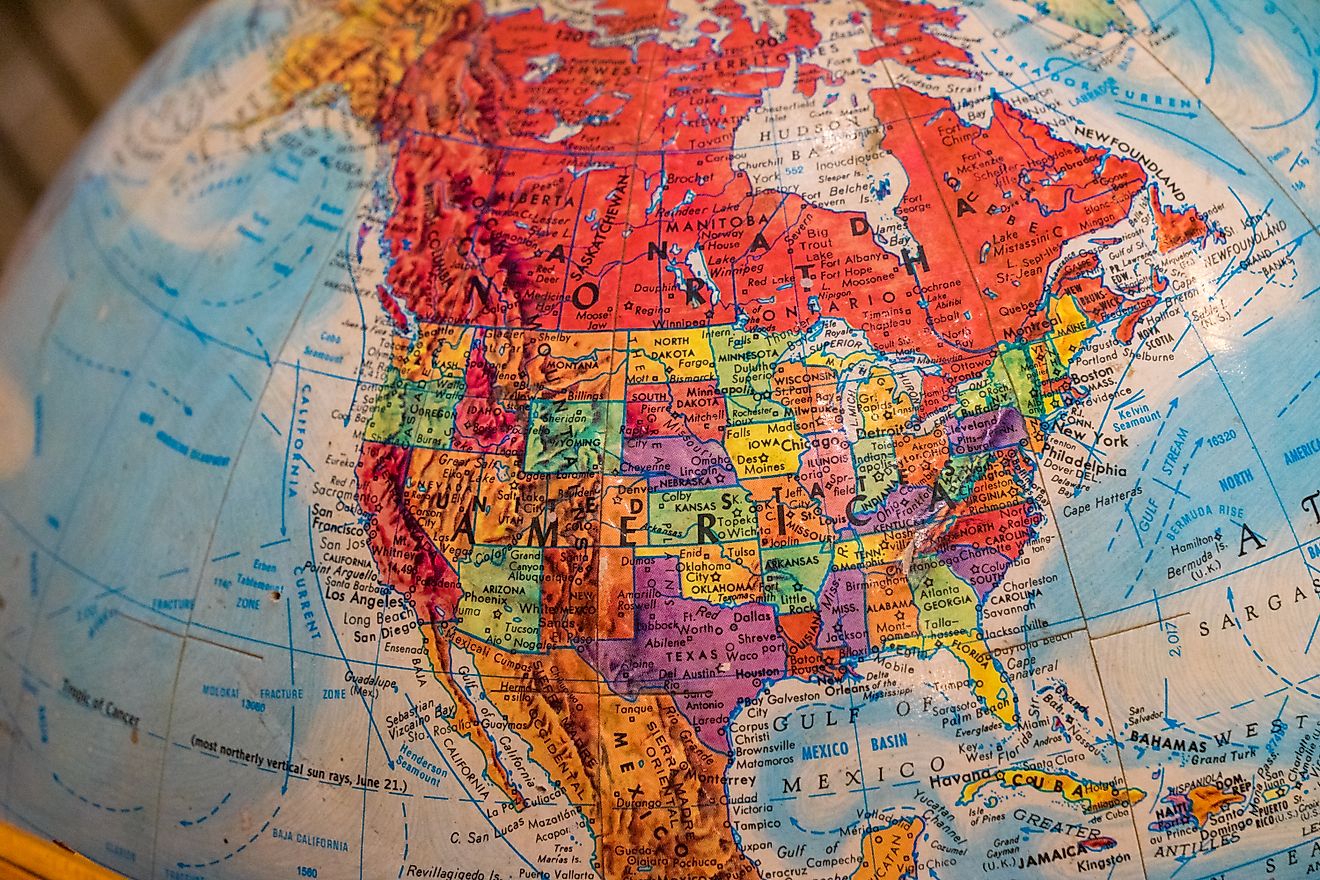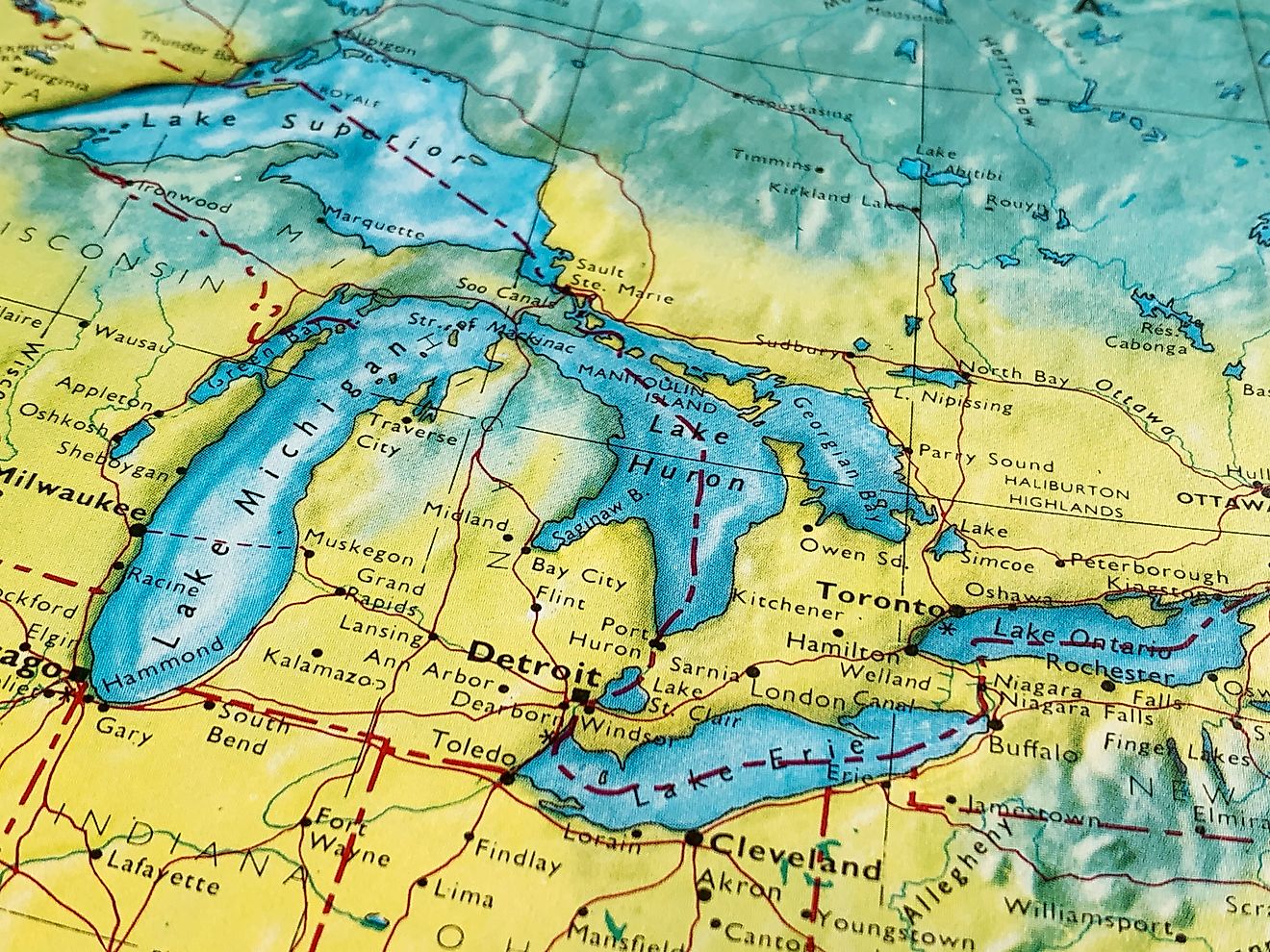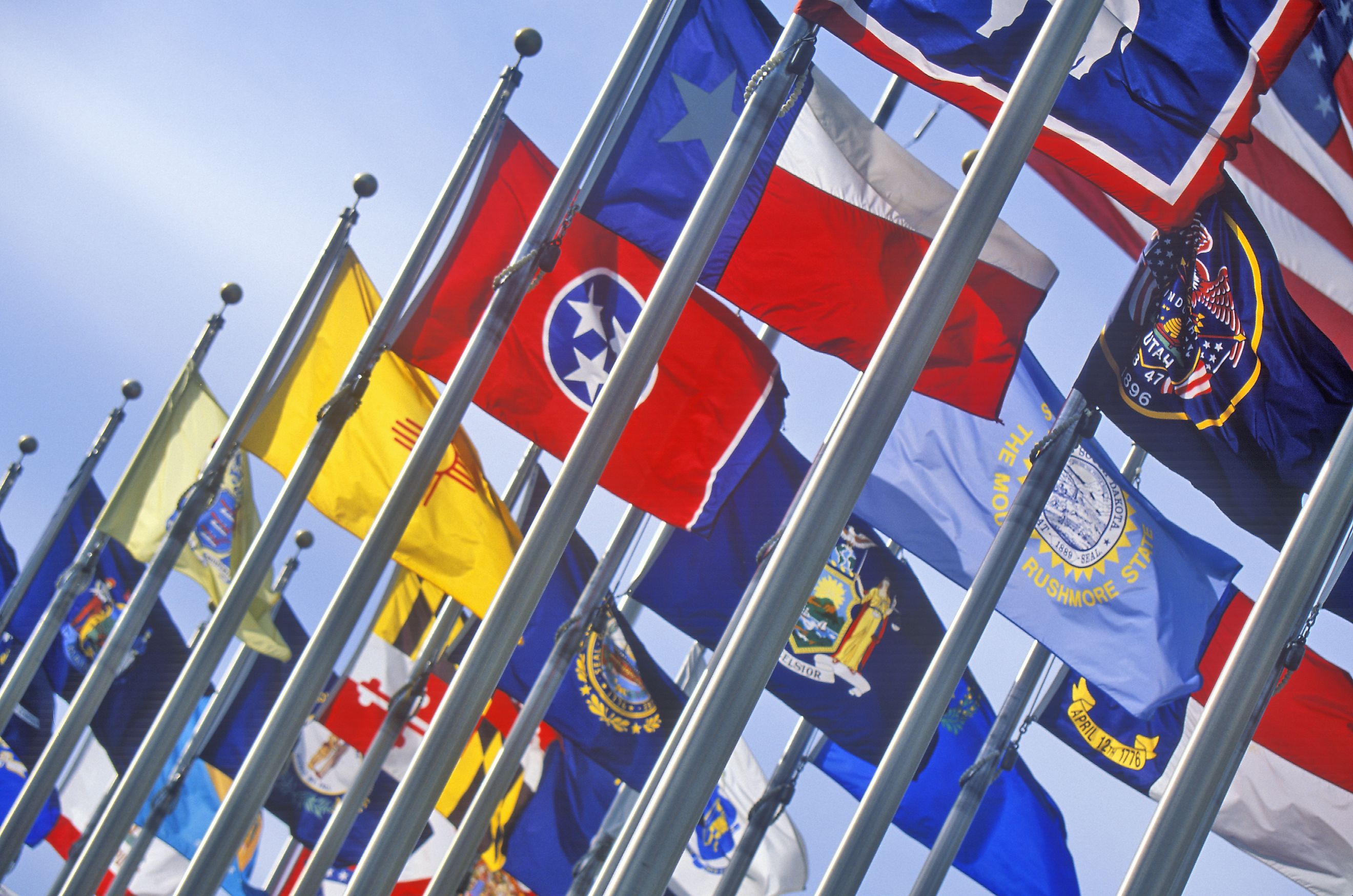
Which US States Are Commonwealths?
In the United States, most regions are referred to simply as states. But if you look closely, four of them bear a different title: commonwealth. These include Kentucky, Massachusetts, Pennsylvania, and Virginia. At first glance, the term might seem symbolic, a nod to history rather than a legal or political distinction. And in most practical ways, that’s true. But the word “commonwealth” carries centuries of meaning and reflects how these states see themselves and their role in a republic governed by the people.
Takes a closer look at what it means to be a commonwealth, why these four states chose that designation, and whether the term has any real-world implications in modern governance. Along the way, examine each of the four commonwealth states and the history behind their unique identity.
What Is a Commonwealth?
The word commonwealth comes from the 15th-century English phrase “common weal,” meaning the common good or public welfare. It traditionally referred to a political community founded for the good of its people, emphasizing self-governance and the will of the citizens.
In a US context, “commonwealth” is used by some states in their official names, but it does not indicate any legal difference from other states. All 50 states share the same relationship to the federal government regardless of what they call themselves. So why use the term at all? The answer lies in history, philosophy, and tradition.
The Four Commonwealth States
Massachusetts
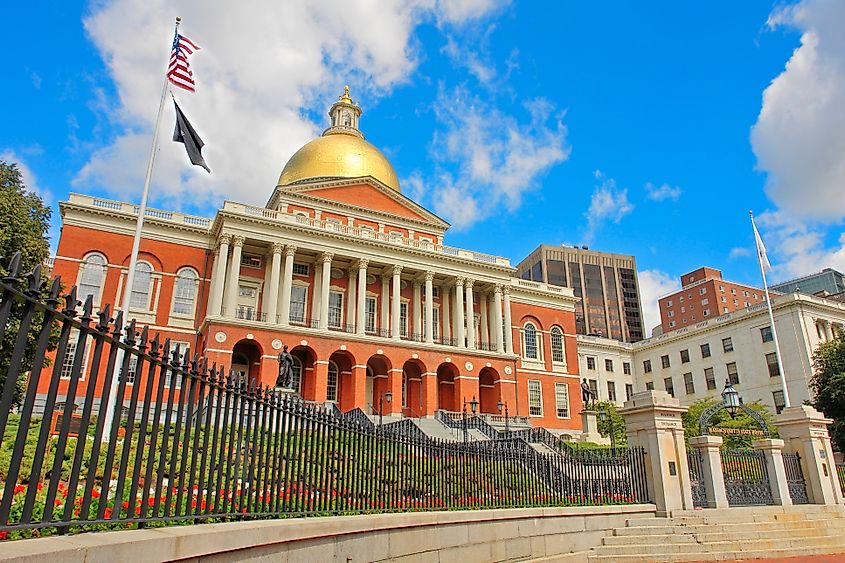
Full Name: The Commonwealth of Massachusetts
Became a State: February 6, 1788
Historical Context: Massachusetts was one of the original 13 colonies and played a central role in the American Revolution. The state’s constitution, adopted in 1780, is the oldest functioning written constitution in the world and was written by John Adams.
The use of “commonwealth” in Massachusetts reflects the Enlightenment ideals of representative government and the notion that power derives from the people. The word appears in the state constitution’s preamble and title, emphasizing a government structured for the benefit of all.
In practical terms, Massachusetts operates like any other state. It has a governor, legislature, and judicial system just like the rest. But symbolically, the term “commonwealth” aligns with its identity as a place where revolutionary ideas about democracy took root.
Virginia
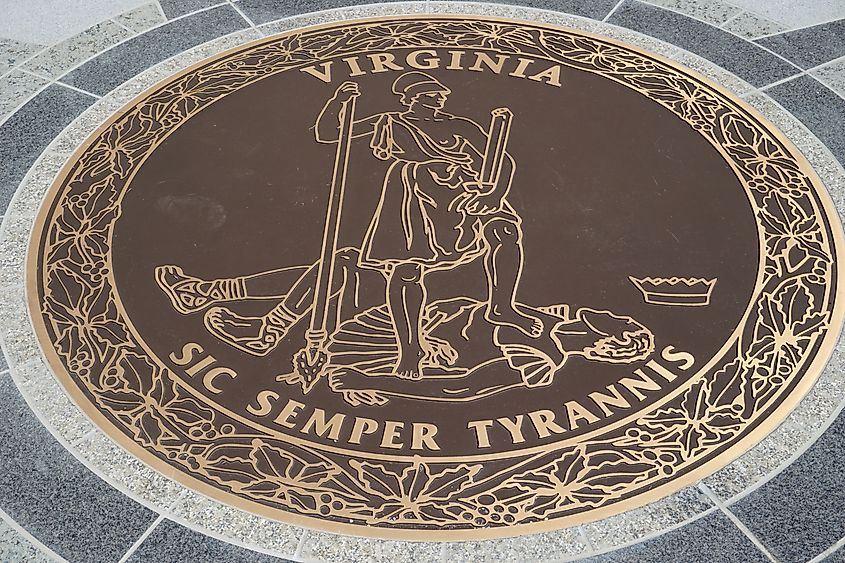
Full Name: The Commonwealth of Virginia
Became a State: June 25, 1788
Historical Context: Virginia was the first English colony in North America, founded in 1607 at Jamestown. It was also one of the most influential states during the Revolutionary War and early US politics, producing leaders such as George Washington, Thomas Jefferson, and James Madison.
Virginia declared itself a commonwealth in its 1776 Constitution, following its separation from Britain. The designation emphasized its break from monarchy and its commitment to a government by and for the people.
Today, the term is largely ceremonial, but it's visible in official documents and institutions. For example, the state’s prosecutor is called the Commonwealth’s Attorney, not the District Attorney.
Pennsylvania
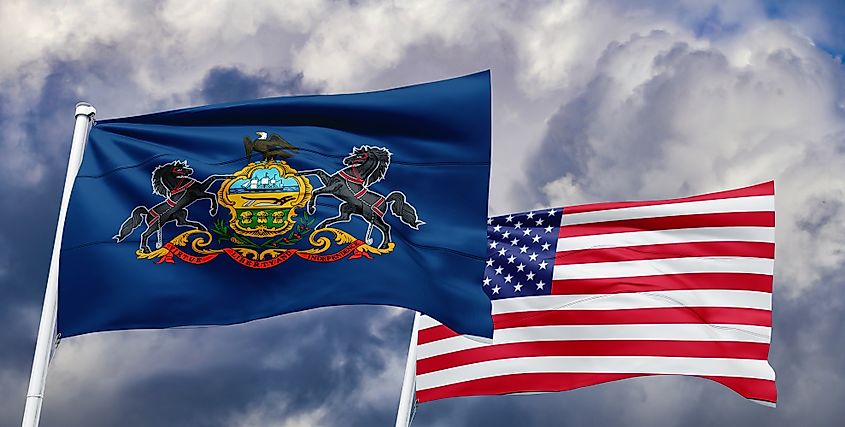
Full Name: The Commonwealth of Pennsylvania
Became a State: December 12, 1787
Historical Context: Founded by William Penn as a Quaker colony in the 17th century, Pennsylvania was built on ideals of religious freedom, self-governance, and equality. These values helped shape the colony’s early laws and democratic principles.
When Pennsylvania ratified its first constitution in 1776, the word “commonwealth” was used to signal its rejection of British rule and its commitment to the public good. Like Virginia and Massachusetts, the title was chosen to reinforce the belief in shared civic responsibility and an elected government.
While the title doesn’t change how the state operates, it remains a part of Pennsylvania’s identity. It’s used in everything from the state seal to legal proceedings.
Kentucky
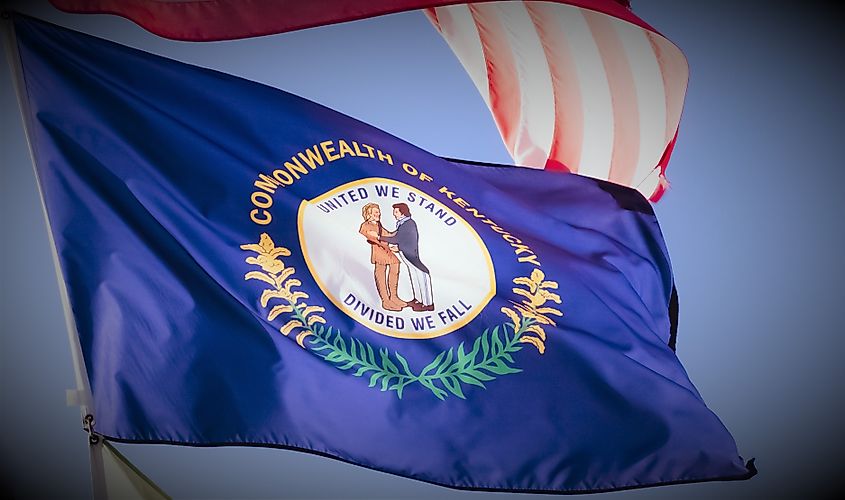
Full Name: The Commonwealth of Kentucky
Became a State: June 1, 1792
Historical Context: Kentucky was originally part of Virginia and inherited many of its political traditions, including the use of the word “commonwealth.” When it became the 15th state, it chose to maintain the title as part of its constitution.
Kentucky’s constitution explicitly refers to it as a commonwealth, emphasizing its origins and continuing the tradition of government dedicated to the collective good. Like the other commonwealth states, this is mostly a symbolic gesture, but it is reflected in official language and judicial titles across the state.
For example, court cases may be titled “Commonwealth of Kentucky v. [Defendant]” rather than the typical “State of…” format.
Does “Commonwealth” Mean Something Legally Different?
The short answer is no. The term “commonwealth” has no legal distinction at the federal level and does not grant any different powers, rights, or responsibilities compared to other states. All four commonwealths operate under the US Constitution in exactly the same way as the other 46 states.
The distinction is purely historical and traditional, rooted in how the states saw themselves at the time of their founding or statehood. While the word may appear on official seals, documents, and signs, it does not affect laws, representation, or governance.
US Territories That Are Also Commonwealths
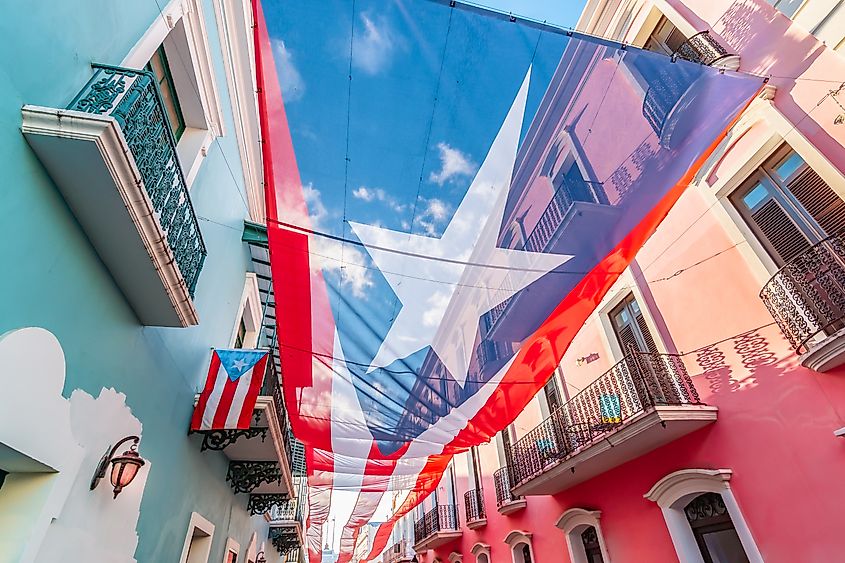
Interestingly, two US territories, Puerto Rico and the Northern Mariana Islands, are also called commonwealths. In these cases, the word does imply a different political arrangement than in the states.
-
Puerto Rico: Officially the Commonwealth of Puerto Rico, it has its own constitution and significant self-governing powers. However, it is not a state and its residents cannot vote in presidential elections unless they live in the mainland US.
-
Northern Mariana Islands: Also a US commonwealth, this territory operates under a compact of free association with the US, allowing self-government in most matters while depending on the federal government for defense and funding.
For these territories, “commonwealth” reflects a unique political relationship with the United States, unlike the purely symbolic use of the term by Kentucky, Massachusetts, Pennsylvania, and Virginia.
Why Did These States Choose the Term?
The decision to call themselves commonwealths was rooted in ideals of democracy, freedom from monarchy, and Enlightenment-era philosophy. In the late 1700s, as the colonies sought independence, the word “state” often suggested a territory or region, while “commonwealth” conveyed a more noble vision of a political entity built on shared values and collective purpose.
The founding documents of these states explicitly reference the common welfare and rights of citizens. For example:
-
Massachusetts' constitution refers to its goal of securing “the body politic” and promoting “the happiness and safety of the people.”
-
Virginia's early constitution replaced references to the British Crown with the term "commonwealth" to emphasize self-rule.
These choices were as much about messaging and political identity as they were about structure. The word “commonwealth” evoked a sense of moral duty and collective governance.
Is There Any Practical Difference Today?
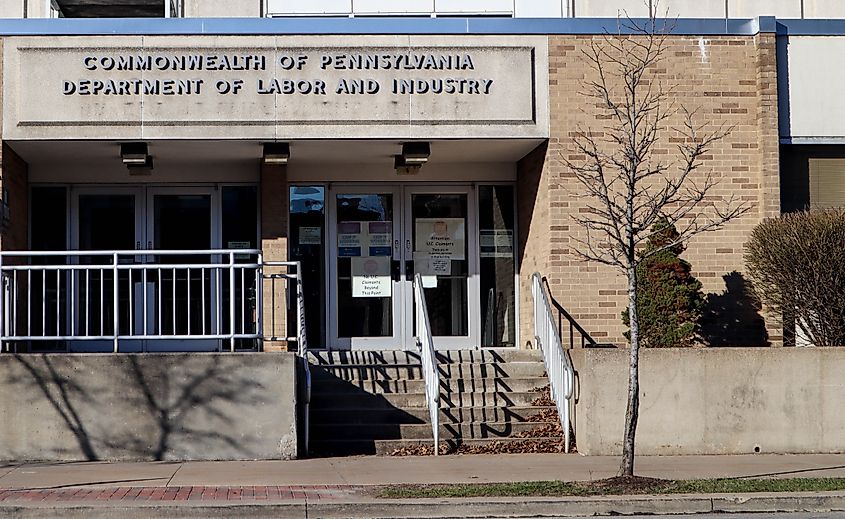
In daily life, being a commonwealth doesn’t change much for residents. Taxes, education, transportation, voting, and legal systems function the same way as in other states. However, the term still shows up in courtrooms, official seals, legal documents, and state titles.
For instance:
-
In Virginia and Kentucky, prosecutors are referred to as Commonwealth’s Attorneys.
-
Legal filings in all four states may list the plaintiff as the Commonwealth rather than the state.
-
Legislative bodies and ceremonial events in these states may still highlight the designation as a point of pride and historical identity.
The use of the term also reflects how these states view their founding principles, offering a symbolic reminder of their revolutionary roots and emphasis on public service.
Conclusion: A Legacy of Words That Still Resonates
The term commonwealth may not carry legal weight today, but it still resonates as a reflection of political values that helped shape the early United States. For Kentucky, Massachusetts, Pennsylvania, and Virginia, being a commonwealth is about more than semantics. It’s a link to their colonial past, a celebration of self-governance, and a commitment to the ideals of the common good.
So, the next time you drive past a sign welcoming you to the Commonwealth of Virginia or hear a court case filed by the Commonwealth of Kentucky, you’ll know it’s not just historical trivia—it’s a nod to the philosophies that helped define a nation.
Quick Reference Chart: The Four Commonwealth States
| State | Official Name | Year of Statehood | Reason for “Commonwealth” |
|---|---|---|---|
| Massachusetts | Commonwealth of Massachusetts | 1788 | Emphasized republican ideals in its 1780 constitution |
| Virginia | Commonwealth of Virginia | 1788 | Break from monarchy, focus on people-centered governance |
| Pennsylvania | Commonwealth of Pennsylvania | 1787 | Founded on Quaker values and public good |
| Kentucky | Commonwealth of Kentucky | 1792 | Inherited the term from Virginia after splitting from it |

